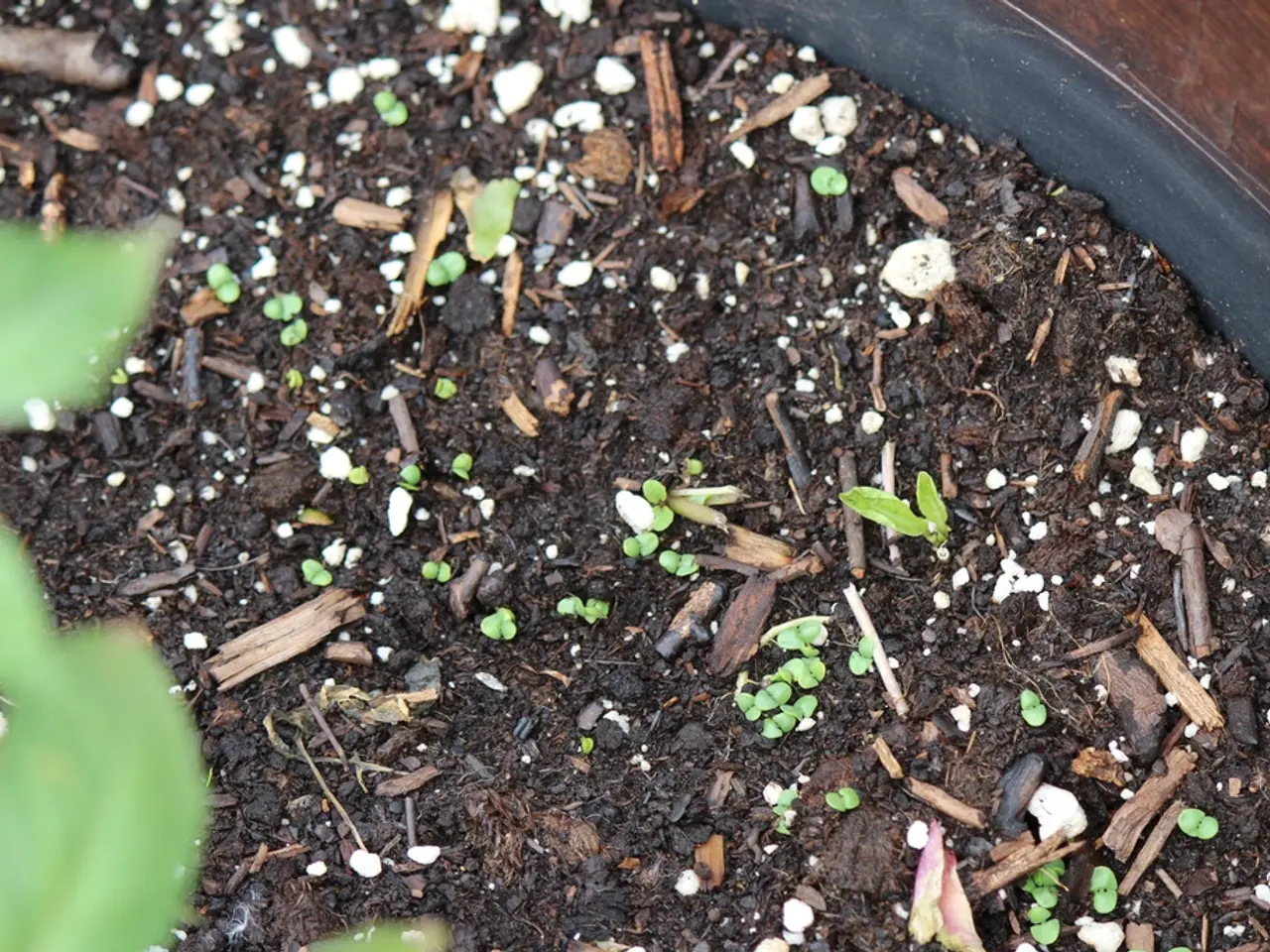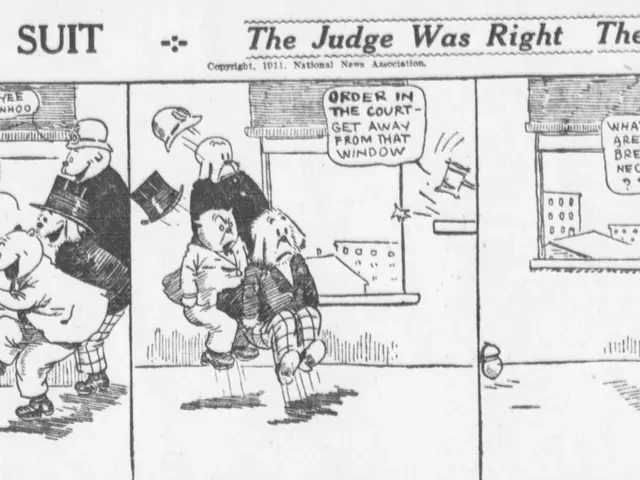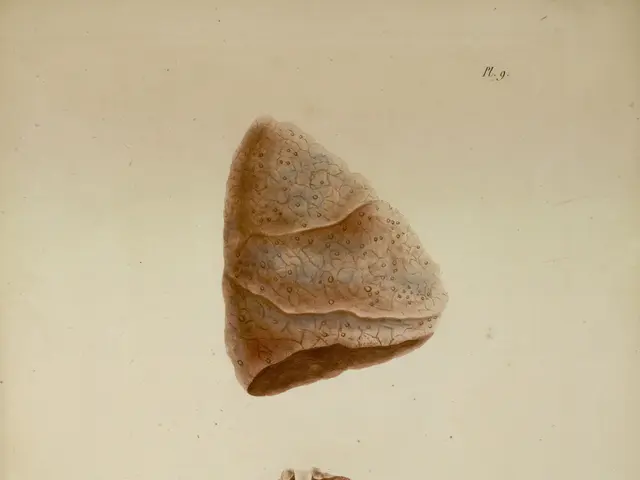Compost Contamination: Is Herbicide Residue Present in Hay?
================================================================================
In the world of gardening, it's essential to be aware of potential risks that could harm your plants. One such risk is herbicide carryover, a condition that occurs when herbicides remain active in compost and other soil amendments, causing symptoms in plants.
Herbicides like picloram, aminopyralid, and clopyralid, often used to combat broadleaf weeds in fields, can persist for months and even years. These herbicides can leech into groundwater or remain active in plant material and animal manure, posing a significant threat to your garden.
To prevent herbicide carryover in garden amendments like compost, manure, hay, and straw, the key strategy is to avoid using materials sourced from fields treated with these persistent broadleaf herbicides. Herbicide labels typically specify rotation restrictions and persistence times, which can guide you on safe usage.
Important prevention steps include:
- Know the source of your amendments: Make sure hay, straw, manure, or compost did not come from pastures or fields treated with persistent herbicides.
- Avoid manure from animals fed on contaminated hay: Since some herbicides pass through the animal’s digestive system and remain active in manure, using such manure—even if composted—can still pose a risk.
- Use herbicide-free or tested compost and amendments: Obtain amendments from sources that test for or guarantee freedom from persistent herbicides.
- If herbicide contamination is suspected, do not apply the amendment to sensitive crops or high-value garden plots until the risk is better understood or confirmed safe.
Additional practices like thorough composting do not reliably break down these herbicides, so composting alone is often insufficient to eliminate the risk.
Herbicide carryover can mimic several other plant problems, such as under-watering, plant diseases, herbicide drift, and the presence of insects. Signs of herbicide carryover include stunted growth, misshapen plant material, poor seed germination, death of young seedlings, and cupped, elongated leaves.
Nightshade plants, beans, peas, legumes, and many other plants are particularly susceptible to herbicide carryover. If contamination occurs, it is not safe to plant in that area for 12 months due to the high toxicity.
In country settings, manure and other soil amendments are often free, but they can be a source of grass herbicide carryover. To prevent this, it is recommended to use sterile manure and organic hay or straw.
Remember, investigating and ensuring the herbicide-free origin of garden amendments is the most effective way to prevent herbicide carryover problems in your garden.
Sources: [1] University of Washington Extension
About the Author: Bonnie L. Grant is a professional landscaper with a Certification in Urban Gardening. She has been gardening and writing for 15 years. A former professional chef, she has a passion for edible landscaping.
- In the realm of health-and-wellness, understanding the long-term effects of persistent herbicides like picloram, aminopyralid, and clopyralid on nutrition is crucial, as these can stay active for months or years in soil and animal manure, potentially impacting the health of garden plants.
- Fitness-and-exercise enthusiasts can learn from the gardening world's precautions against herbicide carryover. Just as one must be mindful of the sources of their supplements and maintain a balanced diet for optimal nutrition, gardeners advise being aware of the origin of soil amendments to prevent herbicide contamination, ensuring health and productivity in their gardens.






